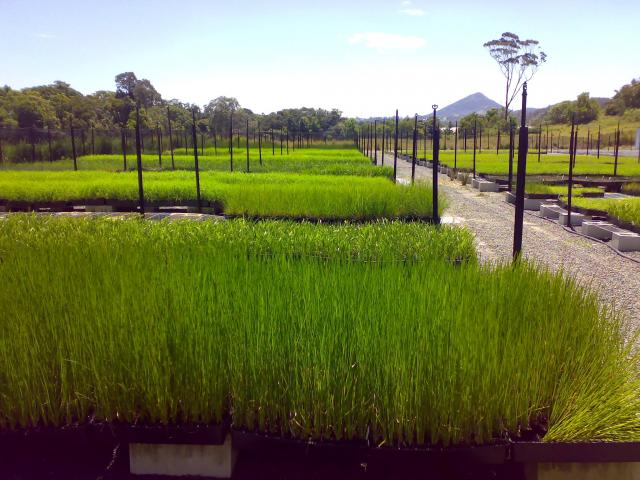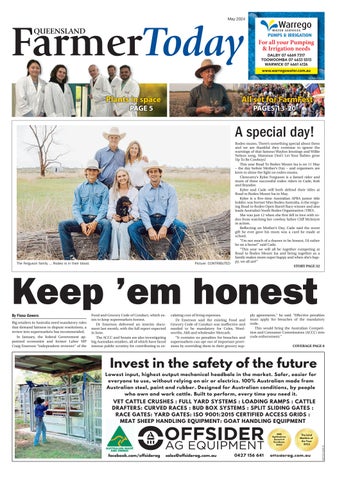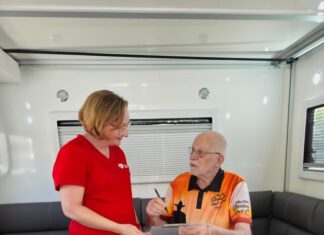A Sunshine Coast plant nursery is building a micropropagation laboratory to help grow key marine species while creating up to 32 jobs thanks to a Rural Economic Development (RED) grant.
Monocot Pty Ltd will expand into mangrove and seagrass, both of which are key for carbon storage, water quality and sea animal habitat.
The species are difficult to commercially cultivate and require sterile, climate-controlled conditions to grow, which will be achieved through specialised lighting and equipment in the laboratory.
Monocot Pty Ltd will build the facility next year, with the plant products expected to be used for blue carbon farming and mining rehabilitation.
Monocot Pty Ltd director Belinda Brown said the laboratory would be used to commercially trial and grow selected mangrove species using tissue culture and micropropagation techniques.
“Mangroves are important as they stabilise the coastline from erosion, improve water quality and accumulate three to 10 times more carbon than most ecosystems on the planet,“ she said.
“They are also a breeding habitat for many animals such as fish, birds and crustaceans.
“The construction and fit-out of the lab will require specialist suppliers of cold rooms, air conditioning systems and lighting, as well as the purchase of laboratory equipment.
“When mangrove propagation trials are established, we anticipate that the nursery may require up to 30 additional laboratory assistants and/or nursery production staff to assist with the project.”
Overall, the fifth round of the RED Grants program is expected to create up to 215 jobs.
Grants are available for up to $200,000 with a 50 per cent cash contribution requirement from applicants to fund projects that generate economic and employment opportunities related to primary production value chains across rural and remote Queensland.
Fast Facts
* Sunshine Coast plant nursery Monocot Pty Ltd named one of 24 successful businesses to receive a Rural Economic Development (RED) grant.
* The enterprise will use the RED grant to develop a plant micropropagation laboratory to help recover at-risk marine plant species, creating up to two direct full time jobs.
* Overall, the fifth round of the RED Grants program has provided $3.9 million in funding and is expected to create up to 215 direct, long-term jobs.









